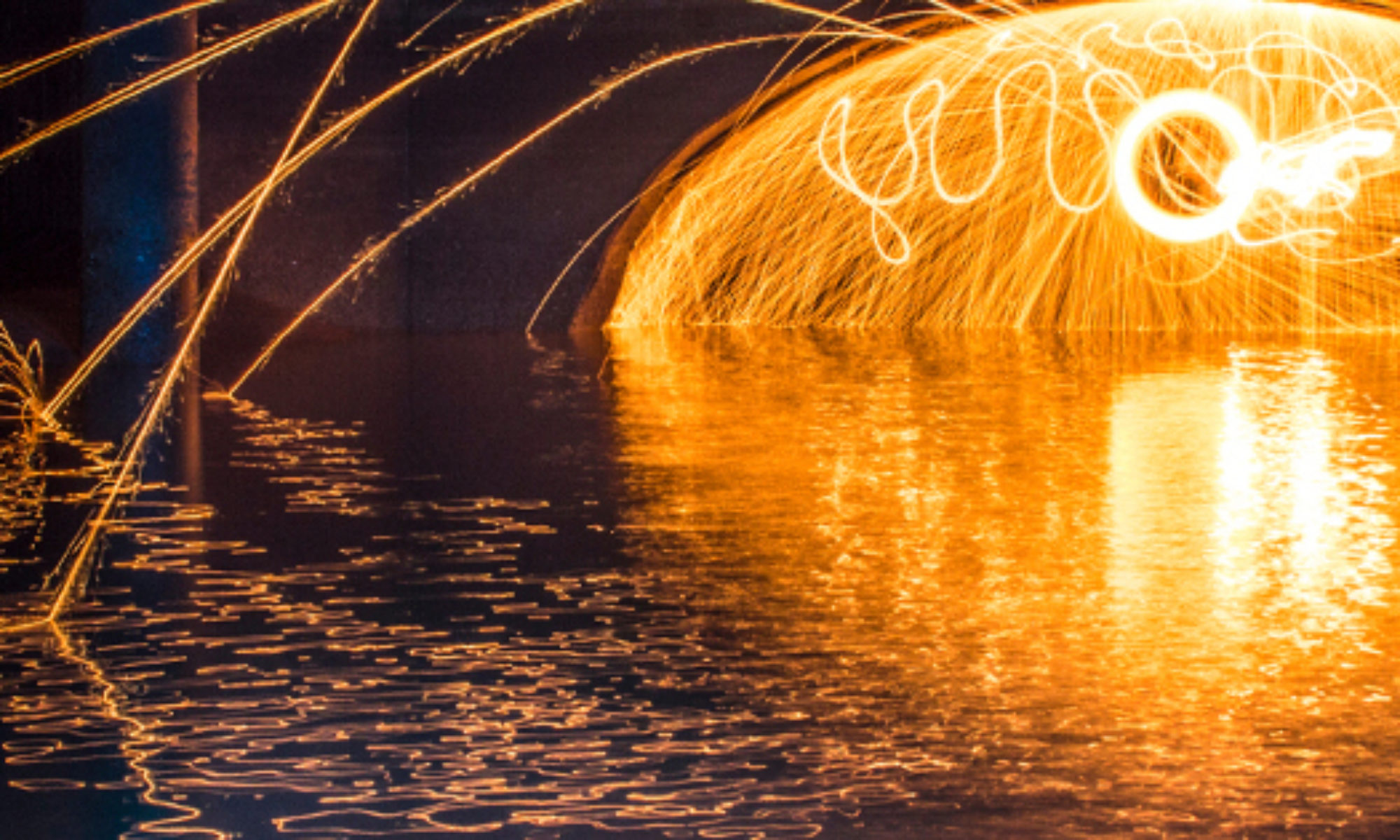Is life fate? Do we really have control over our lives, or does it only seem as if we have control? Is choice an illusion?
Questions like this are often avoided by scientists who prefer to focus on solving practical problems like creating a new technology, improving the things we use in our lives, or discovering something new about nature. However the answers to these questions are essential as they provide the context and the purpose for all of our activities. Whether we are building a new car, sending our children to school, voting for a politician, or having a conversation with our neighbour, who or what is making the choice – and why – separates a meaningful life from total chaos.
To answer these questions however we need to answer another question: What is consciousness? Because our consciousness is the place where we make choices, understanding what it is will help us to determine if we have free will, or only the illusion of free will.
Mainstream science believes that our bodies, our brains, and thus our consciousness is made up of organs, cells, molecules, atoms, and particles. All particles move, change, and interact based on a set of mechanical laws. These laws describe with mathematical precision what happens when particles ‘bump’ into each other. As these particles move, so move the atoms, molecules, cells, and organs in our body. In other words, our bodies, our world, and our universe are made up of a set of mechanical systems that have been moving forever without cause or reason.
If we could ‘see’ all of the particles in the universe and know all that there was to know about their position and movement, we could predict with stunning accuracy what the future would look like. In other words, there is no choice, but rather a never ending chain of reactions and processes.
And yet their is an ever growing group of scientists, thinkers, and philosophers who don’t believe that this ‘mechanical’ view of the world is accurate. New studies into the interaction between consciousness and matter (the so called ‘physical world’) have shown that the old laws of physics no longer apply. Particles, atoms, molecules, cells and larger don’t just bump into each other based on mathematical laws, but it appears as though they respond to our consciousness and to our choices. The implications of these studies are truly significant: We are the creators of our own world, and of our own reality. Things don’t ‘just happen’. What do these discoveries mean in our daily lives?

